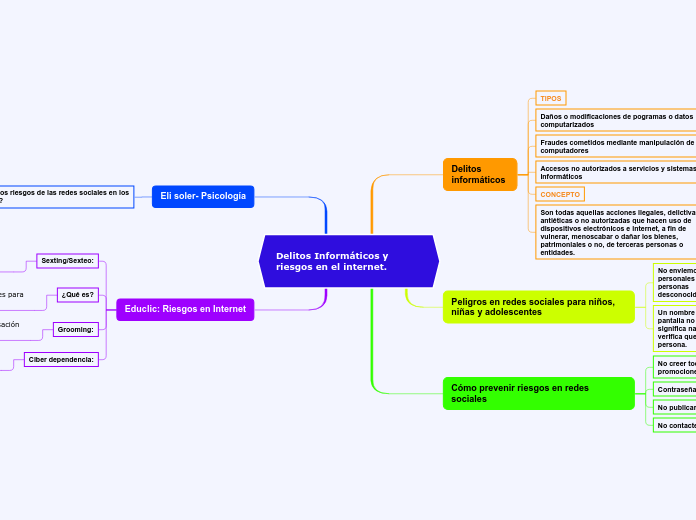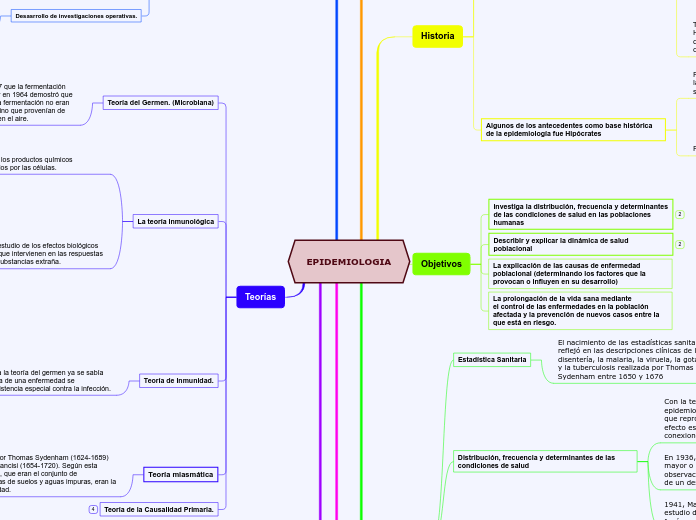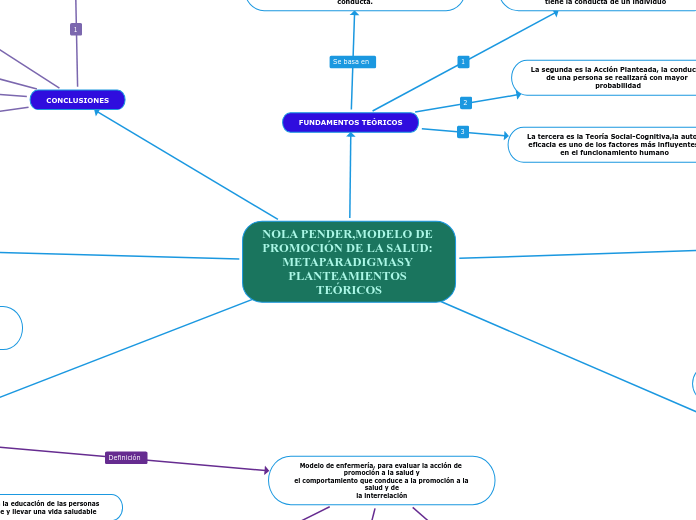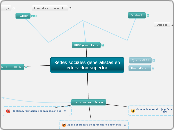Delitos Informáticos y riesgos en el internet.
The part of speech is a category to which a word is assigned according to its syntactic functions. In English the main parts of speech are noun, pronoun, adjective, determiner, verb, adverb, preposition, conjunction, and interjection.
Educlic: Riesgos en Internet
An adverb is used to describe a verb, but it can also describe an adjective or another adverb.
Adverbs normally help paint a fuller picture by describing how something happens.
Ciber dependencia:
Son personas que les cuesta trabajo desconectarse de internet.
Grooming:
Comienza siempre con una simple conversación que puede parecer inocente.
¿Qué es?
Alrededor del mundo miles de persones incluyendo los jovenes utilizan sus moviles para compartir mensajes y fotgrafias intimas.
Sexting/Sexteo:
Es importante que conoscas algunas de sus consecuencias.
Eli soler- Psicología
A numeral is a word or phrase that describes a numerical quantity.
Some theories of grammar use the word 'numeral' to refer to cardinal numbers that act as a determiner to specify the quantity of a noun, for example the 'two' in 'two hats'.
¿Cuáles son los riesgos de las redes sociales en los adolescentes?
Create sentences
Dar datos personales.
Dar ubicación geográfica.
Se pierden habilidades sociales.
Las redes sociales tienen ciertos riesgos que hay que transmitir y educar.
Cómo prevenir riesgos en redes sociales
A pronoun is a word that can be used in place of a noun, typically after the noun itself has already been stated.
No contactes a extraños
Reciprocal pronouns are used for actions or feelings that are reciprocated. The reciprocal pronouns are each other and one another.
No publicar datos personales
A reflexive pronoun ends with ...self or ...selves and refers to another noun or pronoun in the sentence (usually the subject of the sentence). The reflexive pronouns are myself, yourself, herself, himself, itself, ourselves, yourselves, and themselves.
Contraseñas seguras
Demonstrative pronouns are used to demonstrate (or indicate). This, that, these, and those are all demonstrative pronouns.
No creer todo lo que se lee en promociones difíciles de creer
Possessive pronouns are used to show possession. The possessive pronouns are mine, yours, his, hers, ours, and theirs.
Peligros en redes sociales para niños, niñas y adolescentes
A noun is defined as a person, place, thing or idea. Proper nouns always begin with a capital letter. Common nouns, which are general words, such as 'cars,' are not capitalized.
Un nombre tras una pantalla no se significa nada primero verifica que si sea esa persona.
A noun which refers to a group of things/people.
No enviemos cosas personales a personas desconocidas.
Countable nouns are nouns that can be counted, even if the number might be extraordinarily high.
Uncountable nouns are nouns that come in a state or quantity which is impossible to count; liquids are uncountable, as are things which act
like liquids.
Delitos informáticos
A verb is an action word or 'doing' word that signifies movement in some way.
Son todas aquellas acciones ilegales, delictivas, antiéticas o no autorizadas que hacen uso de dispositivos electrónicos e internet, a fin de vulnerar, menoscabar o dañar los bienes, patrimoniales o no, de terceras personas o entidades.
A modal is a type of auxiliary (helping) verb that is used to express: ability, possibility, permission or obligation. The main modal verbs in the English language are: can, could, may, might, must, shall, should, will, would.
CONCEPTO
Accesos no autorizados a servicios y sistemas informáticos
Fraudes cometidos mediante manipulación de computadores
Daños o modificaciones de pogramas o datos computarizados
A linking verb connects the subject with a word that gives information about the subject, such as a condition or relationship.
TIPOS
A verb with its own meaning: a verb that is not an auxiliary verb.









